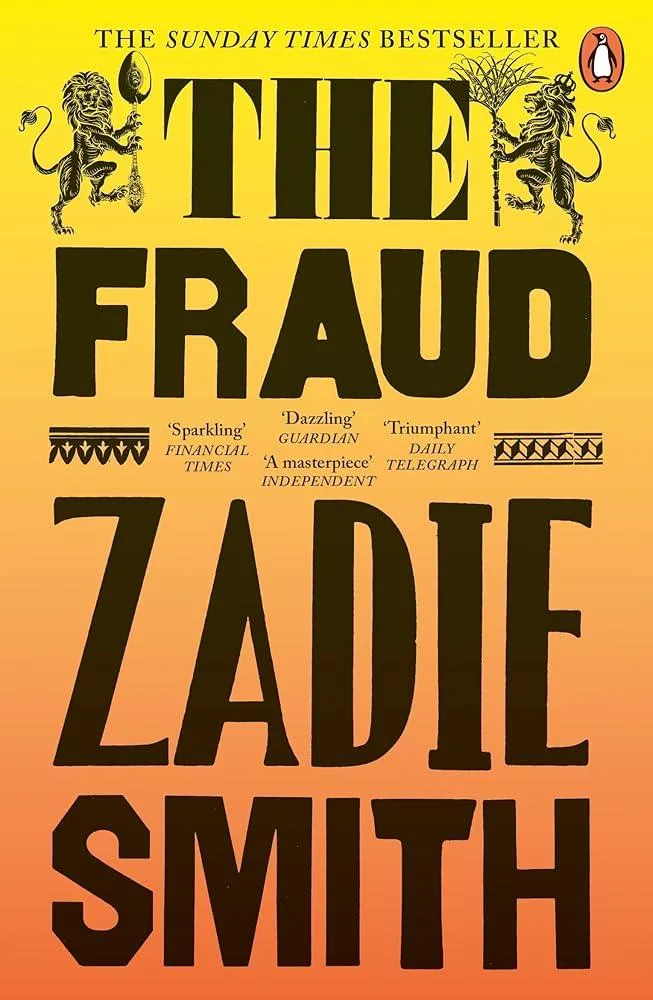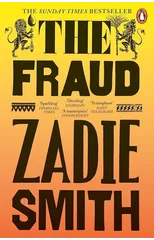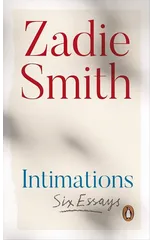Truth and fiction. Jamaica and Britain. Who gets to tell their story? Zadie Smith returns with her first historical novel. Kilburn, 1873. The 'Tichborne Trial' has captivated the widowed Scottish housekeeper Mrs Eliza Touchet and all of England. Readers are at odds over whether the defendant is who he claims to be - or an imposter. Mrs Touchet is a woman of many interests: literature, justice, abolitionism, class, her novelist cousin and his wives, this life and the next. But she is also sceptical. She suspects England of being a land of façades, in which nothing is quite what it seems. Andrew Bogle meanwhile finds himself the star witness, his future depending on telling the right story. Growing up enslaved on the Hope Plantation, Jamaica, he knows every lump of sugar comes at a human cost. That the rich deceive the poor. And that people are more easily manipulated than they realise. Based on real historical events, The Fraud is a dazzling novel about how in a world of hypocrisy and self-deception, deciding what's true can prove a complicated task. PRAISE FOR ZADIE SMITH: 'A writer of remarkable wit and originality' Observer 'A brilliant writer' A M Homes 'She's a genius' Dolly Alderton 'Zadie Smith is a national treasure' James Gleick 'A tremendous talent . . . Smith is simply wonderful' Boyd Tonkin, Independent
Zadie Smith
Zadie Smith is a British author known for her insightful exploration of race, identity, and culture. Her most notable works include "White Teeth," "On Beauty," and "Swing Time." Smith's writing style is characterized by sharp wit, keen observation, and complex characters that reflect the complexities of modern society. She has made significant contributions to contemporary literature by challenging conventional narratives and pushing boundaries in terms of form and content. "White Teeth," her debut novel, is widely regarded as a modern classic and showcases Smith's talent for blending humor, social commentary, and poignant storytelling. Smith's impact on the literary genre can be seen in her ability to capture the nuances of human experience and provoke thought on important social issues.






